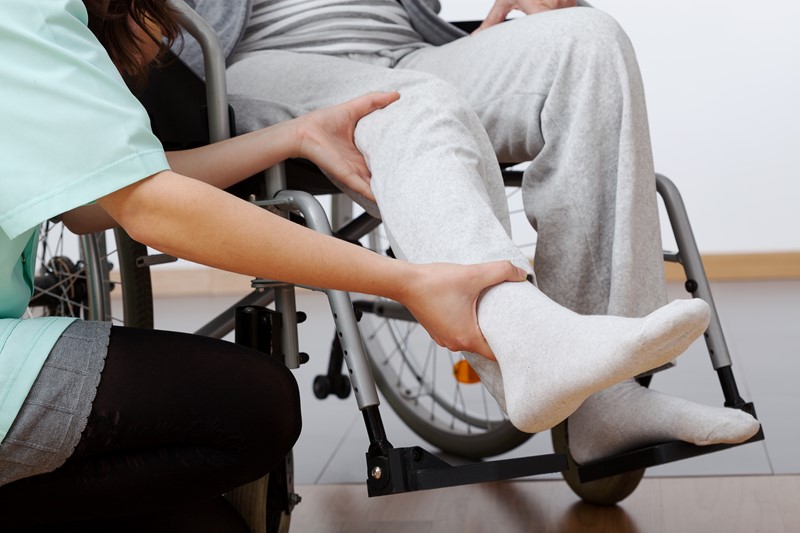What is Postcode Healthcare?
Postcode Lotteries are unacceptable disparities in healthcare between different geographic areas. They are usually associated with clinical services available to patients in the community.
Postcode Lotteries are primarily related to out-of-hospital cardiac arrest response rates, access to cancer treatments, access to surgery, and access to specialist palliative care.
Who is affected by Postcode Healthcare?
Thousands of patients are affected by this disparity and such postcode care inequalities are a serious concern worldwide. So, if you live in a lower socioeconomic area or, extreme cases, on the wrong side of the road, you may get a poorer health service than your neighbour. Or you may not get the service at all and must pay for it privately.
In general, the areas that are poorer and more socially deprived receive worse care, and access to quality care is harder. Unfortunately, these individuals with the most complex medical needs often share a common reality; they are more at risk of living with multiple chronic conditions, having greater healthcare needs and experience barriers when attempting to access primary care.
What initiatives are being developed?
Globally, governments are working with regional health systems to tackle Postcode Lotteries and re-establish health targets. Different countries are incorporating various initiatives to make good healthcare accessible to everyone. But we are far from resolving the postcode lottery of healthcare.
So, what can clinics and hospitals do in the meantime? Breaking down barriers like distance from good quality healthcare and mobility of patients to acceptable healthcare can be the first step. Orion Health’s Remote Patient Management (RPM) platform does exactly this.
RPM is a communication platform between patients and their circle of care. It shares key patient information electronically with clinicians for analysis and treatment adjustment.
With RPM, distance and mobility will no longer be an obstacle to effective treatment. These patients can now access remote care from the comfort of their homes. RPM can bridge the gap between patients and their circle of care, where an individual’s zip code will not determine their access to quality healthcare.
One example of the benefits of remote care is showcased in a study evaluating women with Gestational Diabetes and the impact of telehomecare use on clinical effectiveness, pregnancy outcomes as well as patient empowerment and satisfaction in care.
The results showed that telehomecare monitoring significantly decreased medical visits without compromising pregnancy outcomes, quality of care and patient satisfaction.




